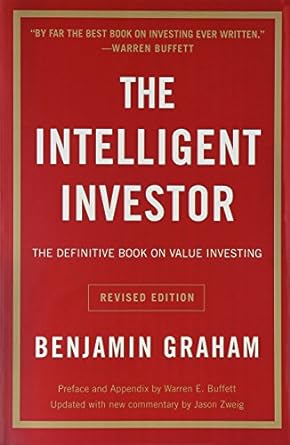Description
Philip K. Dick’s A Maze of Death (1970) is a mind-bending science fiction novel that explores existential themes, reality, and the nature of human consciousness. The book follows a group of 14 strangers who arrive on the mysterious planet Delmak-O, each seeking a new beginning. However, as they struggle to uncover the purpose of their mission, they find themselves trapped in a cycle of paranoia, hallucinations, and unexplained deaths.
The novel delves into religious and philosophical ideas, particularly through the Tenchism belief system, which offers a structured yet enigmatic theology. As the characters try to decipher the meaning of their existence, Dick blurs the lines between reality and illusion, a recurring theme in his works. The psychological tension builds as they suspect each other and question whether they are even alive.
With its unsettling atmosphere, shifting perspectives, and darkly ironic twists, A Maze of Death challenges readers to reconsider the nature of perception and destiny. While not as widely known as Do Androids Dream of Electric Sheep?, it remains a thought-provoking and surreal exploration of human desperation and the search for meaning in an unpredictable universe.
Over a writing career that spanned three decades, Philip K. Dick (1928-1982) published 36 science fiction novels and 121 short stories in which he explored the essence of what makes man human and the dangers of centralized power. Toward the end of his life, his work turned toward deeply personal, metaphysical questions concerning the nature of God. Eleven novels and short stories have been adapted to film; notably: Blade Runner (based on Do Androids Dream of Electric Sheep?), Total Recall, Minority Report, and A Scanner Darkly. The recipient of critical acclaim and numerous awards throughout his career, Dick was inducted into the Science Fiction Hall of Fame in 2005, and in 2007 the Library of America published a selection of his novels in three volumes. His work has been translated into more than twenty-five languages.







Reviews
There are no reviews yet.